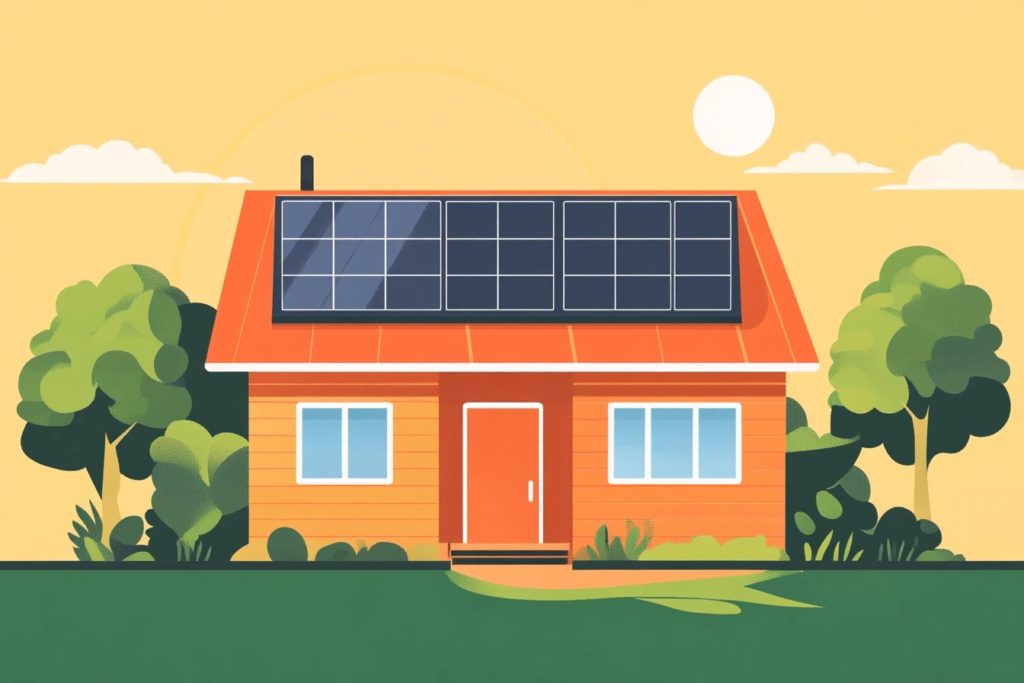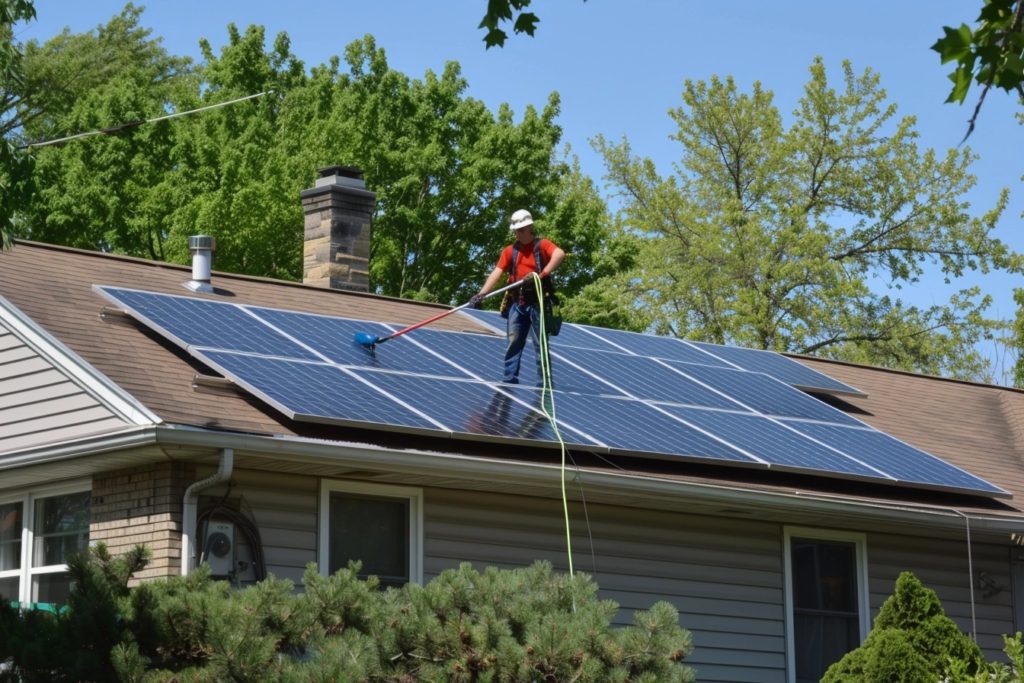
If you’ve already installed a solar energy system for your home, you’ve taken a huge step toward energy independence. You’re saving a significant amount of money compared to buying energy from the utility company, and you’re doing your part to protect our environment as well. However, there are some situations in which homeowners realize their solar systems aren’t producing quite as much power as they’d like. Thankfully, there are solutions to this issue that may be less of a hassle than you might expect.
If this sounds like you, perhaps it’s time to consider adding solar panels to your existing system. To determine whether you should be adding solar panels to your house, let’s walk through a few different indicators that it might be time to expand your system.
Aspects to consider before buying more solar panels
Compatibility concerns
The first and most important question to ask yourself before adding solar panels to an existing system is, “Are my current panels compatible with the panels I want to add?” The best option is to add the same type of panels you bought in the first place, if they’re still available. This has some practical applications, as it’s advantageous to have solar panels with similar outputs and efficiency ratings. Likewise, it just looks nicer to have all of your solar panels match when it comes to appearance.
If you can’t find the same exact panels, or you would prefer different ones, you should still make sure that any new panels you install have the same power output ratings. If you don’t, you could cause significant damage to your current system due to compatibility issues.
Do you have room for more solar panels?
This may sound like a bit of a silly question, but you’d be surprised by how many homeowners make the mistake of adding solar panels to an existing array that doesn’t actually have room for more panels. Rooftop systems often don’t have much room for expansion, especially if your roof is shaded or significantly angled. If you have a ground-mounted array instead, this is usually much less of an issue.
How much energy do you need?
There is a fine line between having the right amount of solar energy for your home and generating more power than you could ever actually use. It’s important to carefully consider your home’s energy usage before purchasing additional solar panels, especially if you live in an area that doesn’t have net metering regulations. With net metering, you can sell excess energy back into the grid, but this isn’t allowed everywhere.
If you decide that you do want more energy, you will need to decide how many panels you should add. In this scenario, you should have a respected solar installer (like one of LGCY Power’s local installers) help you analyze your energy needs. Providing your installer with copies of your electric bills both before and after adding your solar system will help them figure out how many panels you need.
Inverter capacity issues
Does your inverter have the capacity to handle adding panels to the solar system? Your residential solar energy system was originally installed with an inverter that can handle the output of your existing panels. If you’re adding more than a panel or two, the significantly increased size of your array may present issues that your current inverter cannot overcome.
This is one of the reasons why microinverters are becoming increasingly popular. Because they’re attached to each panel itself, adding panels is simply an issue of adding microinverters, as opposed to replacing an optimizer or string inverter.
Who should install your new panels?
Many homeowners simply contact their original solar installer to add new panels to their systems, and it’s easy to see why. After all, that installer already knows the ins and outs of your array and can easily expand on it. In fact, some solar installers won’t work on projects they didn’t originally install.
First off, solar add-on projects are often quite small, making them financially inefficient for the installer. Furthermore, there can be warranty issues and disputes between installers if the system ever fails — many installers find it easier to only add onto their own original work.
Connectivity and permits
Another aspect to consider is whether adding solar panels to a house will require you to acquire any permits. While most small additions won’t require additional permitting, if you add more than a couple of panels and/or have to swap out your inverter, there’s a very good chance that you’ll need to acquire further permits for the project. Thankfully, any reputable local solar installer can help you figure out your permitting and interconnectivity needs.
Solar incentive availability
Finally, when adding solar panels to an existing system, you should consider the solar incentives available to you. In many states, incentives are limited to one use per address or per person, meaning that if you took advantage of solar incentives to originally build your array, you may not be able to use them for your add-on project.
In Conclusion
If this seems like a lot to keep in mind, just remember that LGCY Power’s local installers can help you answer all of these questions and more. If you have concerns about adding solar panels to an existing array, contact us at your convenience at 855.546.0851 and we’ll be happy to walk you through the process. We can help you figure out the cost of adding solar panels to your house, adding a portable solar panel to an existing system, and much more.
Adding solar panels to a house can be more complicated than it seems on the surface, but with a partner like LGCY Power, you won’t have anything to worry about!




